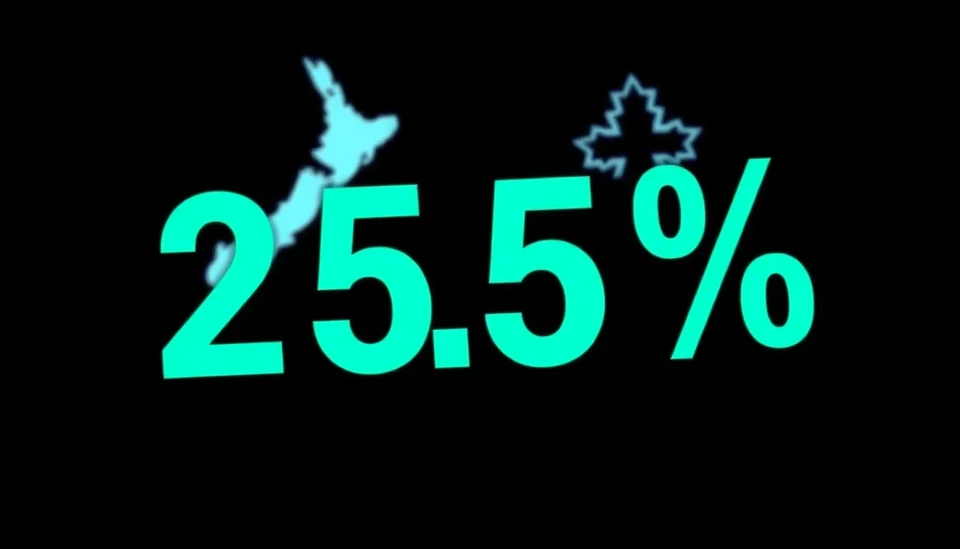
In a concerning turn of events for the housing industry, New Zealand has reported a significant decline in residential building approvals, dropping to levels not seen in six years. This alarming trend has raised eyebrows among economists and policymakers, indicating potential long-term implications for the country's housing market and overall economic health.
The latest figures reveal that the number of residential building consents issued decreased by 24% in December compared to the same month the previous year. This marks the deepest drop since 2017 and highlights a creeping challenge for the construction industry, which has been grappling with several pressures, including labor shortages, rising costs of materials, and tightening lending standards.
As New Zealand attempts to tackle an ongoing housing crisis characterized by skyrocketing prices, this decline in building approvals poses a stark contrast to the government's ambitious housing goals. The sharp decrease signals potential slowdowns in future housing supply, which could further exacerbate affordability issues and hinder the progress of various housing initiatives aimed at increasing stock.
Experts suggest that various factors have contributed to this downturn. One significant aspect is the RBNZ's recent monetary policies aimed at curbing inflation. These measures have resulted in higher borrowing costs, leading many prospective homebuyers and developers to reconsider their plans. Additionally, ongoing challenges with supply chain disruptions and workforce availability continue to plague the construction industry, making it difficult to maintain robust output levels.
The importance of residential construction to New Zealand's economy cannot be overstated; it has a ripple effect that impacts job creation, economic activity, and even regional development. With fewer approvals, the sector could witness a deceleration in growth, potentially affecting employment rates and local economies dependent on construction jobs.
In light of these developments, stakeholders in the housing market, including developers, government officials, and buyers, are keenly watching how the situation unfolds. Policymakers may need to amend strategies to stimulate growth in construction and address the affordability crisis head-on, whether through incentives for builders or re-evaluating regulations that may be stifling new projects.
As New Zealand navigates these challenges, the future of the housing market hangs in a delicate balance. Understanding the interplay between building approvals, economic policy, and market demand will be crucial in determining the path forward for both the industry and homebuyers alike.
It is clear that for New Zealand, the focus must turn toward fostering a more conducive environment for residential construction, ensuring that the nation's housing needs are met to avoid further complications on the economic front.
#NewZealand #HousingMarket #ResidentialBuilding #ConstructionIndustry #Economy #BuildingApprovals #HousingCrisis
Author: Laura Mitchell




